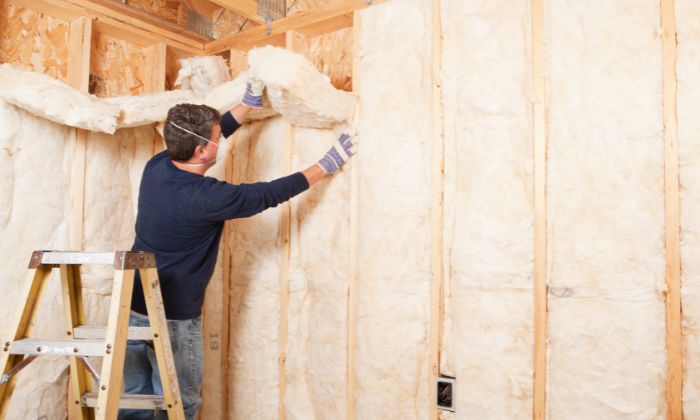Top Floor, Old Bank Building, Uxbridge Square, Menai Bridge, Anglesey - LL59 5WY
What is it?
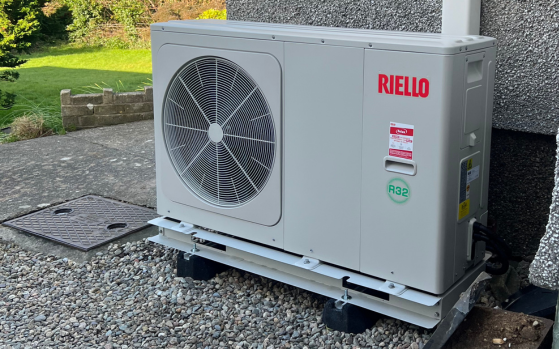
Pre requirements
Dwellings that qualify
1) Are air source heat pumps efficient?
The efficiency of an air source heat pump is measured by its coefficient of performance (COP). The coefficient of performance is the ratio of the heat output to the energy input, and it varies depending on the temperature outside.
A coefficient of performance of 3.5 means that for every 1 unit of electricity consumed, 3.5 units of heat energyare generated. The coefficient of performance of our Air source heat pumps is 3.5.
2) Does it heat my hot water as well?
An air source heat pump can be connected to a hot water cylinder (unvented cylinder)to heat the water for domestic use. The cylinder can also be heated using electricity directly if the ASHP is switched off.
3) Why will I need bigger radiators?
Radiators for an air source heat pump (ASHP) need to be bigger than those oftraditional heating systemssuch as gasbecause air source heat pumpsrunat a lower temperature and therefore require more surface area to transfer the same amount of heat to the room.
4) Does it come with a guarantee?
The air source heat pump comes with a seven-year manufactures warranty and a two-year quality mark guarantee.
What is it?
The install process of storage heaters
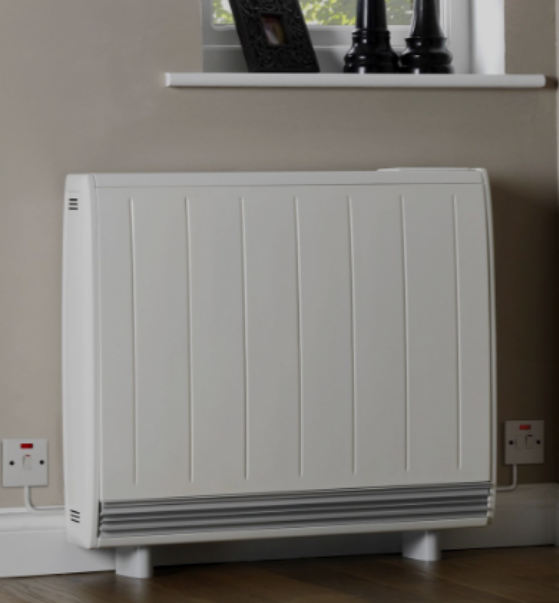
Pre requirements
Dwellings that qualify
1) Can they be turned off?
Yes, the high heat retention storage heaters can be turned off.
2) Does it come with a guarantee?
High heat retention storage heaters come with a two-year quality mark guarantee, as well as a 5 year manufacturer's warranty with a conditional extra warranty of 7 years additional to the 5 years.
What is it?
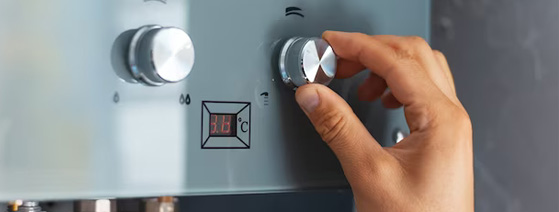
Pre requirements
Dwellings that qualify
A biomass boiler is a heating system that uses organic materials, such as wood pellets, chips, or logs, to generate heat. It works on the principle of burning biomass fuel for heating, hot water, or electricity generation. Here's how a biomass boiler works:
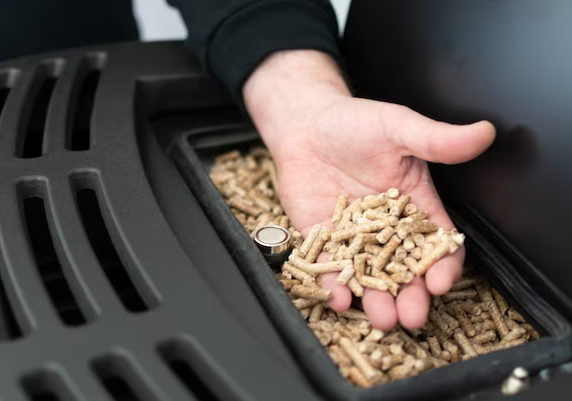
Pre requirements
Dwellings that qualify
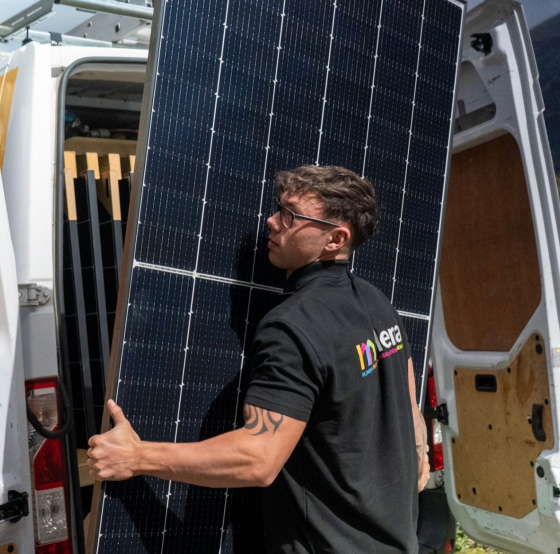
01248 421044
We'd love to hear from you! Feel free to reach out anytime – your thoughts and questions are always welcome.
We Can Do
